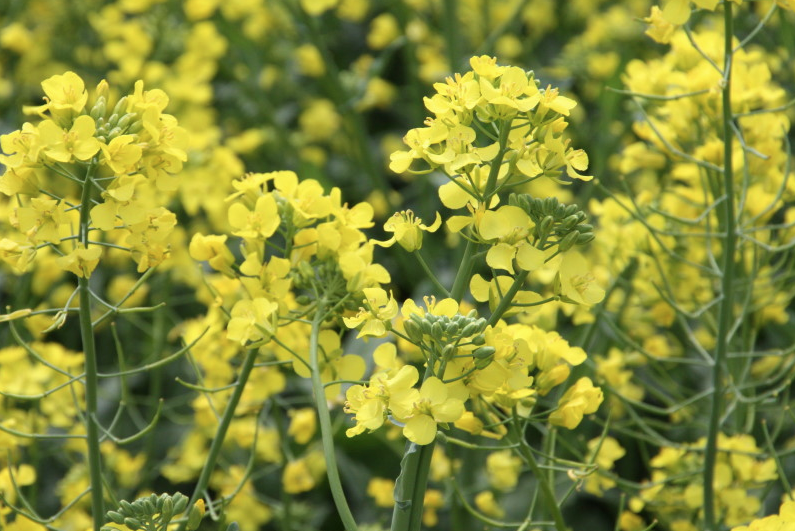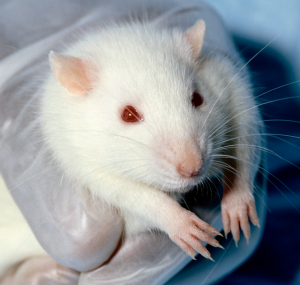THE Luddites, including Greenpeace, Scott Kinnear and Margaret Fulton, have campaigned relentlessly against the introduction of genetically modified canola. Their misleading propaganda successfully saw moratoriums introduced in many states. More recently Mr Kinnear has raised $750,000 to help Steve Marsh sue his neighbour, Michael Baxter, for planting GM canola.
In what is considered a landmark decision Justice Kenneth James Martin today ruled in favour of the GM canola grower, Michael Baxter.
The following reasons were given for the decision:
1. For private nuisance it had not been shown that there had been any unreasonable interference by Mr Baxter in the Marshes’ use and enjoyment of their property.
2. Mr Baxter was not to be held responsible as a broadacre farmer merely for growing a lawful GM crop and choosing to adopt a harvest methodology which was entirely orthodox in its implementation.
3. Nor could Mr Baxter be held responsible, in law, for the reactions to the incursion of Marshes’ organic certification body, NASAA, which in the circumstances presented to be an unjustifiable reaction to what occurred.
4. His Honour also rejected the Marshes’ cause of action in common law negligence. The Marshes’ action for exclusively a financial loss, was without precedent. No basis in legal principle was presented to the Court to extend the law to the events in this case.
5. Mr Baxter had not been shown to have acted negligently, either by growing or then by swathing the lawfully grown GM canola in 2010.
For more information on this story read The Land at http://www.theland.com.au/news/agriculture/cropping/general-news/baxter-wins-gm-case/2700017.aspx?storypage=1
For more information about coexistence and GMOs visit http://www.abca.com.au/coexistence/




 Jennifer Marohasy BSc PhD has worked in industry and government. She is currently researching a novel technique for long-range weather forecasting funded by the B. Macfie Family Foundation.
Jennifer Marohasy BSc PhD has worked in industry and government. She is currently researching a novel technique for long-range weather forecasting funded by the B. Macfie Family Foundation.